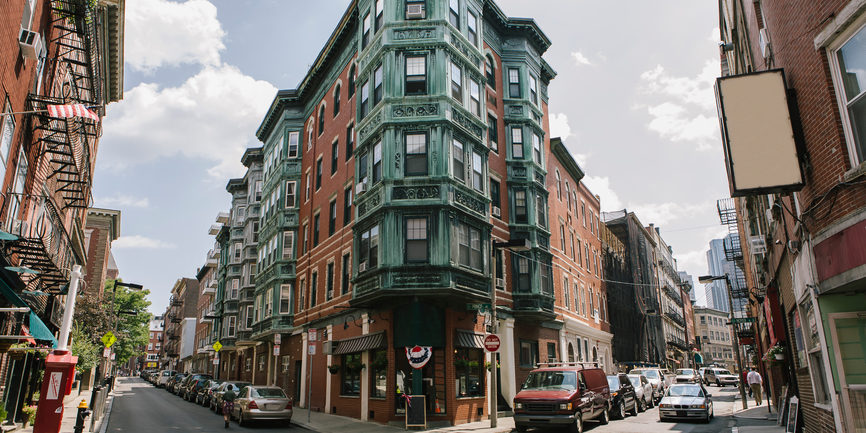Do You Really Know Boston?
Boston is a city of neighborhoods, and because each one is so distinct—the North End’s old world charm, the South End’s Greek Revival architecture, the contemporary steel and glass of Downtown’s new high rises—it’s easy to fall in love with the one you call home. The hazard is, of course, letting yourself believe that your neighborhood is the best in the city, and failing to give others a chance.
I recently had the opportunity to spend time with one of my agents in his neighborhood in Boston – historic Fort Point. Tucked between Seaport and South Boston, Fort Point is a neighborhood that’s received a great deal of attention in the last few years, and is a vivid reminder of Boston’s industrial and maritime history.
It’s not a neighborhood with which I was intimately familiar, but my agent certainly is. He’s lived there since long before it was the trendy place to eat and drink, long before the new luxury residential buildings put Seaport on the map. He’s passionate about its history and its architecture and he walked me around the streets, took me into a few properties, and educated me about this intimate neighborhood.
Fort Point—which sits about 30-minutes walking from my own neighborhood, Beacon Hill—is beautiful. It’s stunning. It’s different, historical, eclectic, a little edgy. In short, it feels like a dynamic place, a neighborhood with a strong history and a clear path to its next iteration. The brick buildings, on even the rainy day I visited, powerfully evoke a specificity of place entirely different from my own favorite neighborhood, Beacon Hill—which sits only about a mile-and-a-half away.
I’d firmly believed for many years that there’s no other place in town for me besides Beacon Hill. But walking the streets of Fort Point that morning, I wondered if maybe I need to open my mind a little. Even if you’ve given every neighborhood in Boston a try—and there are no less than 22 distinct neighborhoods in a city of only about 90 square miles—the fact is that Boston has changed a great deal over the last decade, and is continuing to do so. How we live and eat and work differs from neighborhood to neighborhood, but each area offers much of what we all love about the city – interesting buildings with interesting history, neighbors who form communities and take pride in their part of town, restauranteurs who create new and fun places to eat and drink, real estate developers who offer us more and more ways and places to live.
I challenge you to open your mind, too. Get out and explore different neighborhoods when you search for your next home. Boston has changed and, I promise, no matter where you land, you can find a community and a home.









